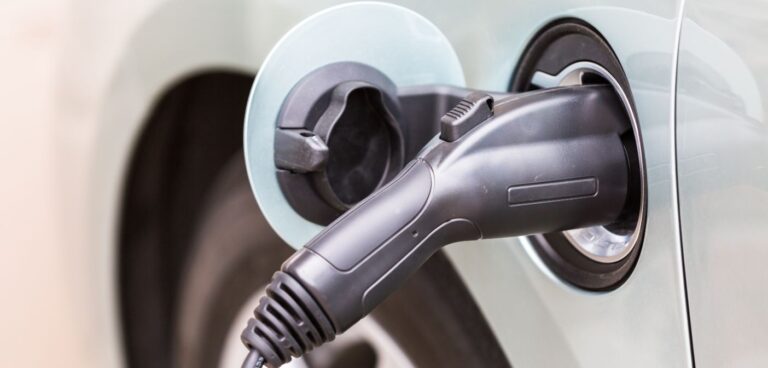Car manufacturers must reduce the cost of buying EVs to accelerate the switch away from fossil fuels, and Scotland’s charging infrastructure installation needs to increase, according to a new survey by the Electric Vehicle Association Scotland.
In its 2021/2 review of its members, EVA Scotland found that over 83% of respondents said that purchase costs were a major factor in choosing an EV, with 50% wanting to see new EV prices reduced.
Additionally, over 43% of EVA Scotland members want to see rapid development and growth of Scotland’s EV charging infrastructure, which EVA Scotland supports. It is calling on national and local government and the charge point supply industry to respond.
When asked what influenced drivers most when considering making the transition to owning an EV over 90% quoted cheaper fuel costs, with 71% stating reductions in overall running costs. From those surveyed over 80% said that EVs would be a more enjoyable drive and they would enjoy a quieter drive, while 68.75% looked forward to the increased acceleration.
Battery range was one of the key factors in choosing current EVs according to 63% of drivers, only 14% of those surveyed thought that EVs were not suitable for long journeys.
Commenting on the results of the survey, EVA Scotland director Neil Swanson, said: “We firmly believe that these results show tremendous confidence in the future of all-electric vehicles as the way forward in our global battle against climate change and, if manufacturers address the current higher costs of buying an EV, the current rate of change from fossil fuel vehicles will accelerate even more rapidly.
“Members also want to see further development and growth of Scotland’s EV charging infrastructure which EVA Scotland supports and is calling on national and local government and the charge-point supply industry to respond.
“The survey clearly shows that electric vehicle drivers across Scotland are unanimous in their commitment to, and expectations for, the future of EVs as the preferred mode of transportation.”
There are now over 30,000 licensed vehicles in Scotland classed as ultra-low emission vehicles, with the majority being either a pure battery or plug-in hybrid electric vehicles.
Swanson added: “The shift from ICE to electric vehicles is going to be one of the largest examples of public or private policy implementation of the next decade.
“EV drivers’ associations play an instrumental role in providing a support network for individuals using electric modes of transport and promoting the benefits of the electrification of transport for our environment, our health and our economy.”





